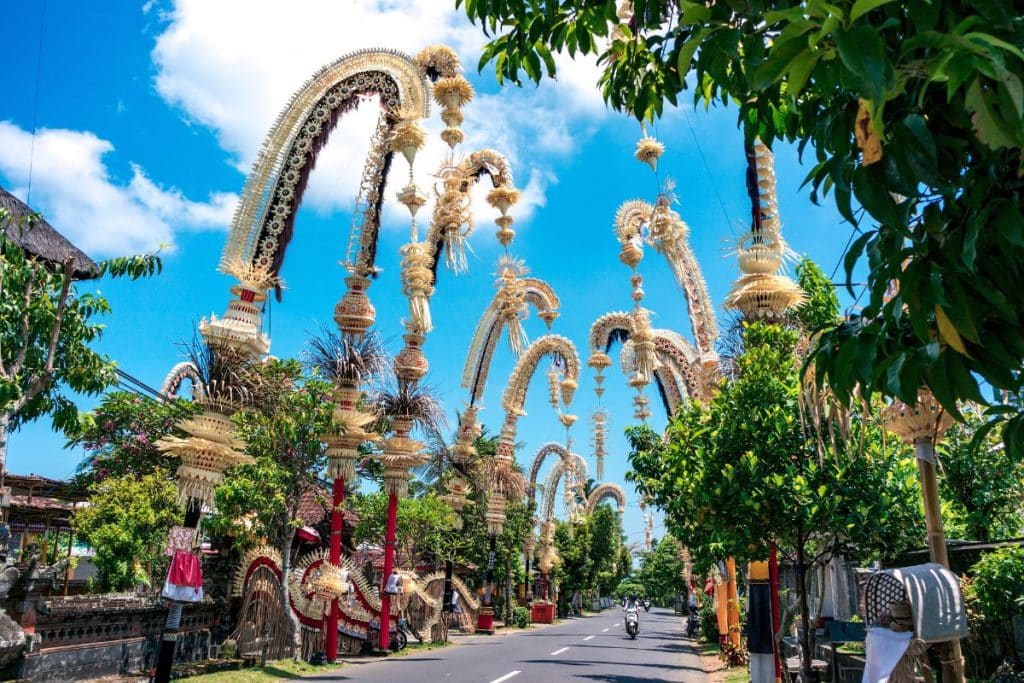The Bali government will exempt foreign tourists from seven specified categories from the IDR 150,000 (approximately USD 9.58) tourist levy required for entry into the island province, effective from February 14.
According to Ida Ayu Indah Yustikarini, Head of Tourism at the Bali Province Tourism Office in Denpasar, these tourists must apply and fulfill the criteria outlined in the Love Bali system.
The exemptions apply to foreign tourists who possess diplomatic and official visas, crew members of vehicles, and holders of temporary or permanent stay permit cards. Additional exemptions are granted to those with family unification visas, student visas, Golden Visas, and other specific visas, such as business visas.
As per Bali Governor’s Regulation Number 36 of 2023 concerning the Payment Procedures for Foreign Tourist Levy, applications for exemption must be submitted at least one month prior to arrival in Bali. The regulation further specifies that the local tourism authority will review and decide on the applications within a maximum of five working days, with the outcome communicated to applicants via the Love Bali system at lovebali.baliprov.go.id.
Upon approval, the Love Bali system will issue a notice and proof of exemption in the form of a QR code to the foreign tourist, stated Yustikarini. Initially, the levy will be collected at the international arrival terminals of I Gusti Ngurah Rai International Airport and Benoa Port, Bali. Payments can also be made through travel agents, hotels, and tourist attractions.
This levy is enacted under Law Number 15 of 2023 concerning Bali Province and its implementing regulation, Regional Regulation Number 6 of 2023 on the Levy for Foreign Tourists, aimed at protecting Bali’s culture and environment.
The levy supports the preservation of Balinese customs, traditions, arts, culture, and local wisdom, as well as the conservation of cultural and natural tourist attractions, improving service quality and the management of cultural tourism, and guiding the implementation and management of foreign tourist levies.


